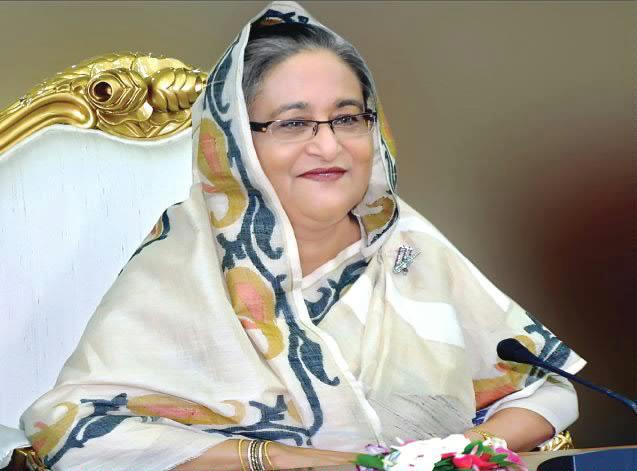
The rebels were in the final stage to implement their plans – they held a series of secret meetings, even on the day Prime Minister Sheikh Hasina’s visit
The prime minister’s life was at risk and the erstwhile BDR authority was liable for this as the premier had visited Pilkhana a day before the mutiny to attend the annual parade, and the rebellion had already been planned by that time.
The rebels were in the final stage to implement their plans – they held a series of secret meetings, even on the day of Prime Minister Sheikh Hasina’s visit.
A court observed that analysing the Pilkhana tragedy and its brutality, it could not be claimed that the prime minister’s security had been tight and she had been safe there.
It questioned the necessity of holding the extravagant annual parade for a paramilitary force like the BDR (now BGB) as it also takes part in the Victory Day parade.
“In history there are some examples that the head of state was assassinated while visiting parades,” it said.
It said the Rifles Security Unit (RSU), the intelligence wing of the now defunct Bangladesh Rifles, had been aware of some development towards the February 25-26, 2009 mutiny in which 74 people, including 57 army officials, were killed. But despite such suspicions, the BDR authority still invited the premier to attend the annual parade.
“Either the RSU chief and his subordinates failed to realise the depth of the grievances among the BDR rank and file, or they knew [about the grievances] but did not inform the authority [of it] willingly,” the court that held the trial of BDR carnage case has observed in the verdict recently.
It also underlined the indifference of the BDR authorities as a failure. It said the authorities concerned had been aware of the grievances but chose to conceal the information fearing that once revealed, it would result in the cancellation of the PM’s visit.
“Lt Col Atiquzzaman, commanding officer of the RSU, had told the court that the rebels spread a leaflet against the army officers, addressing the prime minister, and they got a copy of that on February 21. They were supposed to identify the accused persons and take departmental actions against them. But they did not,” it said.
“The language of the leaflet proved that the BDR men together had made plans and they were trying to gain sympathy from different persons and authorities by spreading the leaflets so that the grievance can be spread among people,” it said.
In the leaflets they highlighted the BDR’s “Operation Dal Bhat” and urged the premier to investigate DG Maj Gen Shakil Ahmed, his wife, and sector commander’s bank accounts to find out what they had achieved from the programme.
They also expressed discontents about the facilities of army officers, running the BDR fair price outlets, delays in getting payments of dearness allowances for duty during the national election, and control of tenders inside the BDR Pilkhana headquarters.
The rebels also said BDR chief Shakil Ahmed, his wife Naznin Shakil and Dhaka Sector Commander Col Mujibul Haque had been involved in tender manipulation and irregularities in children’s admission to schools and the governance of an English medium school in Pilkhana.
They said if the army officers were not withdrawn, they would remove them through a movement.
“Grievance among the BDR rank and file against the army officers deputed there was increasing day by day. They [jawans] were waiting for a chance to bite the army officers. I do not understand why the authority invited the premier on February 24 even after all this,” the court said.
Source: Dhaka Tribune
